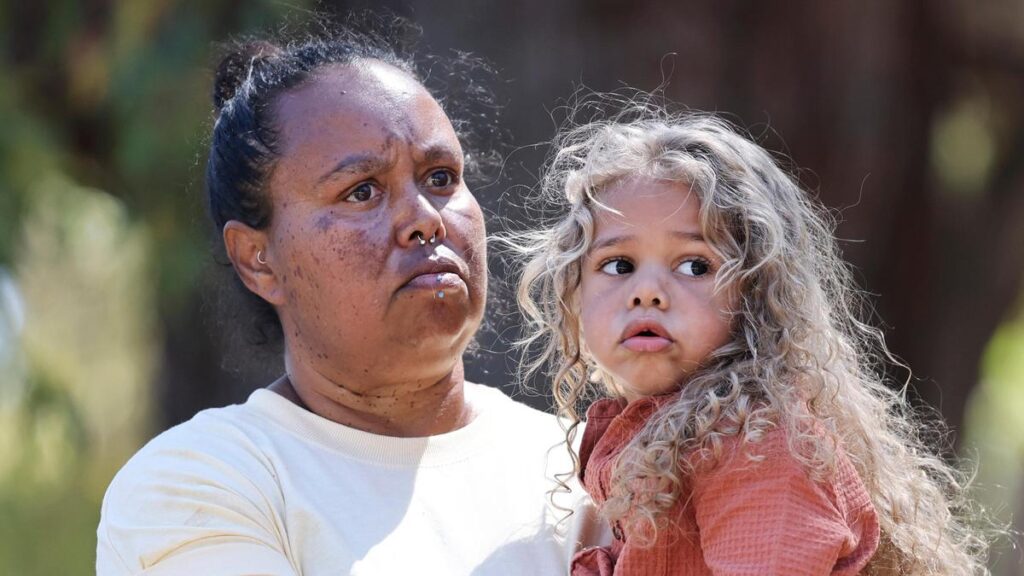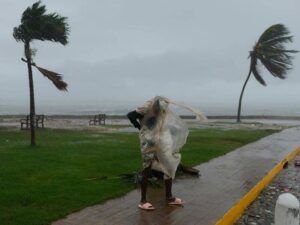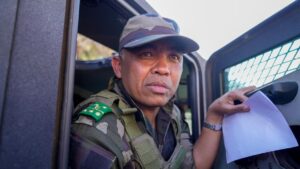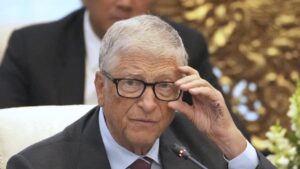
BREAKING: Western Australia has made a historic move as Governor Chris Dawson delivers a long-overdue apology for the 1834 Pinjarra Massacre. This critical acknowledgment, made on Tuesday, marks a significant step in confronting the painful truths of the state’s history, 191 years after the atrocity occurred.
The Governor’s statement is not merely ceremonial; it is a bold declaration aimed at healing the wounds of the past. By recognizing the massacre, where approximately 20 Bindjareb people were killed in a premeditated attack led by Governor James Stirling, WA is finally addressing the truth behind this dark chapter in its history.
Governor Dawson emphasized that this was not a mere “skirmish,” but rather a state-sanctioned act of violence. “This attack… was planned and led by a governor,” he remarked, highlighting the calculated nature of the events. The massacre, which included men, women, and children, is a stark reminder of the colonial violence that has long been sanitized in official narratives.
This apology is significant as it sheds light on the systemic injustices faced by the Bindjareb people. Historical accounts often labeled such events as “frontier violence,” but Dawson’s admission shifts the narrative to one of state responsibility and accountability. He noted, “I do not know of any other massacre attributed to a governor,” underscoring the unique severity of this event.
For too long, the truth surrounding the Pinjarra Massacre has been obscured. The Governor’s recognition of this atrocity is a pivotal moment for reconciliation in WA, aiming to pave the way for greater truth-telling about the injustices faced by Indigenous communities. It opens the door for discussions about the broader implications of colonial history in Australia.
Legal academic and Nylyaparli-Yamatji-Nyungar woman, Emma Garlett, reflected on the importance of this apology, stating, “The tragedy of the Bindjareb people at Pinjarra should never again be relegated to the shadows of history.” It is a call to action for all West Australians to reevaluate the narratives that have shaped their understanding of the past.
As Western Australia takes this necessary step towards healing, the question remains: how much of the state’s history is still inaccurate? The events of October 1834 serve as a reminder that confronting historical truths is essential for fostering genuine reconciliation and understanding among communities.
WHAT’S NEXT: As WA continues to grapple with its colonial past, observers are keenly watching how this apology will influence future dialogues around Indigenous rights and historical recognition. The urgent need for transparency and acknowledgment of past atrocities is now more pressing than ever.
This apology is not just a formal gesture; it represents a commitment to rewriting history with honesty, integrity, and respect for those who suffered. The people of WA, both Indigenous and non-Indigenous, are challenged to reflect on this moment and the broader implications it holds for their collective future.






